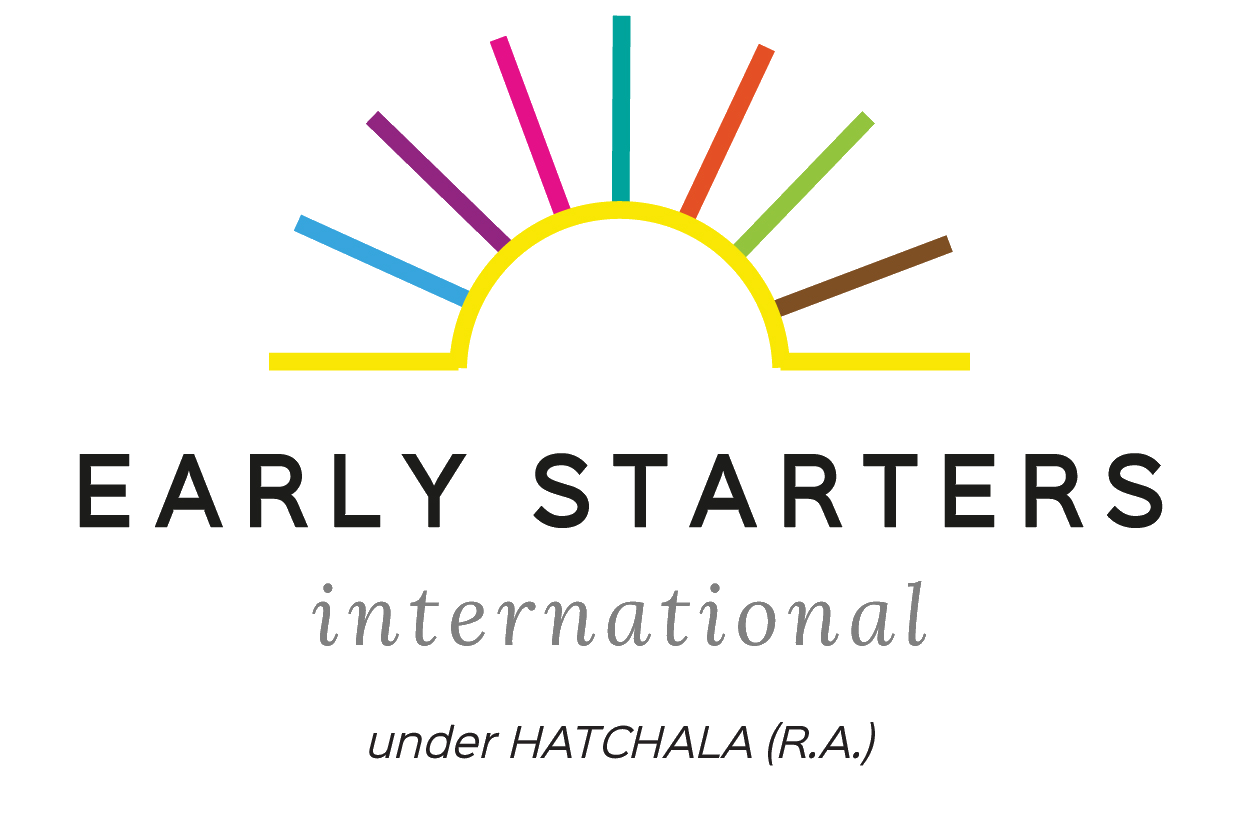Early Childhood Safe Spaces
Access to a safe early learning space is a universal right as well as a basic need for all children - even during humanitarian disasters and emergencies. Safe spaces created for young children during emergency situations that focus on the developmental needs of young children reduce the trauma caused by the humanitarian crisis and ensure that every young child has a safe place to play, learn and develop. Since its inception, Early Starters International (ESI) has been supporting communities in creating early childhood education programs and developing emergency early childhood safe spaces for refugee children.
What is an Emergency Early Childhood Safe Space?
Emergency Early Childhood Safe Spaces are focused on the developmental needs of young children (ages 0-8 years old) and are designed to accommodate children of different ages who are participating in the space, providing an atmosphere that is warm, kind and welcoming and a space where children feel like they belong. We provide activities for children to play, experiment, learn and develop, and address a child’s need of belonging, well-being, inclusion, and self-expression. We create spaces where we encourage children to have a voice and to be heard. The spaces have staff members that come from the children’s community, that speak the same language as the children, and who receive training and supervision on working with children who have experienced trauma.
These spaces are important for children in reducing the effects of trauma they have endured, and they also serve an important role for the parents, allowing them to find work, learn the local language, take professional courses, run errands, or just have some time to rest, knowing that their kids are well taken care of.
Preschool Arts Curriculum
25 Essential Lessons
A collaboration between EGL Charitable Foundation, Early Starters International and Cassandra Ferland


